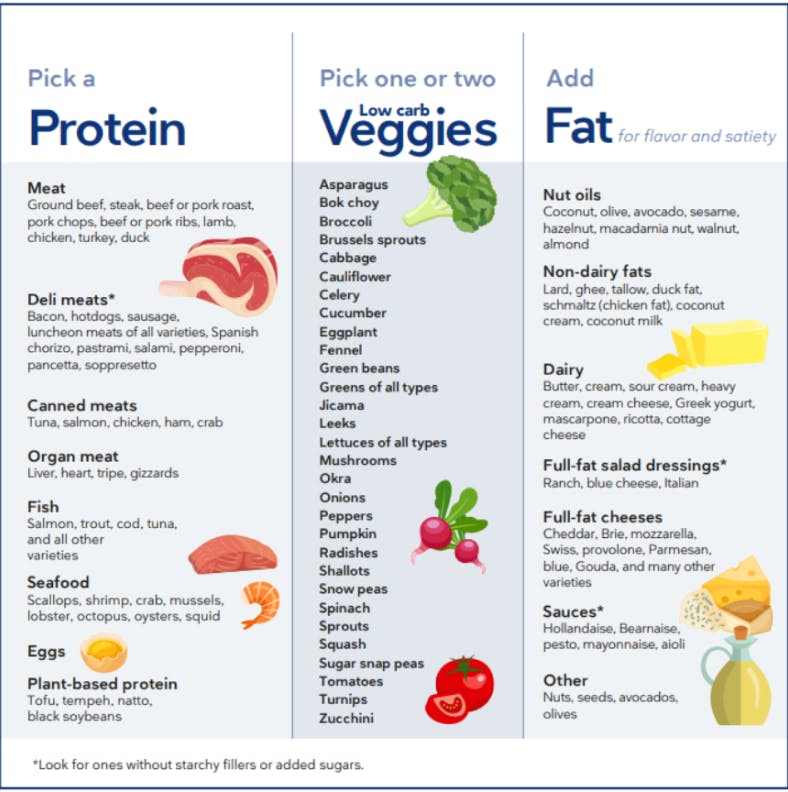
Ketosis is achieved when your body does not have enough carbohydrates to burn for energy. Therefore, your body will burn fat and make ketones for fuel. Ketosis is popular for dealing with diabetes and weight loss.
It usually takes two to four days for the body to enter into a ketosis state if you consume fewer than 50 grams of carbs daily. Some people may take longer to reach ketosis, depending on their age, physical activity level, metabolism, and the ratio of carb, fat, and protein intake.
Some side effects that you can experience in ketosis may include headaches, stomach upset, and changes to your sleep and energy levels. You can monitor your ketosis state by checking the levels of ketones in your blood, breath, or urine. Since the keto diet is a major change in most people’s food intake, it can lead to some die-off symptoms of gut bacteria, increasing gas, bloating, and changes in bowel movements. The die-off symptoms can lead to yellow, greasy, foul-smelling poop. It’s good to know what your body may experience if doing this for the first time, so you are not alarmed.
If you want to achieve ketosis to lose weight l, you still need to be in a calorie deficit to allow your metabolism to run out of dietary fat and start running on your stored body fat. If you are not losing weight, just remember that ketosis may not burn body fat each time, but it does boost your metabolism significantly.
Here are seven steps to reaching ketosis
- Minimize your carbohydrate consumption. Consuming a very low-carb diet is the most important factor in achieving ketosis.
- Add coconut oil to daily consumption.
- Ramp up your physical activity with exercise.
- Increase your healthy fat intake and take supplements like lipase and acetyl l-carnitine.
- Try intermittent fasting or a short fast.
- Maintain adequate protein intake throughout the day.
- Monitor your ketone levels with testing and adjust your diet as needed.
Here’s a introduction into food planning on a KETO diet.

If you want to stop the keto diet, you must prepare for the transition, as it should take about 14 days for your body to adjust to the change. Some people find it helpful to increase their carbohydrate intake each day by about 10 percent during the transition phase.
Want functional medicine & nutrition expertise at your fingertips?
Join the membership today.
Tags: Healthy Eating, healthy weight loss, KETO, ketosis, Nancy Guberti, weight loss, weight transformation
Leave A Reply (No comments So Far)
No comments yet